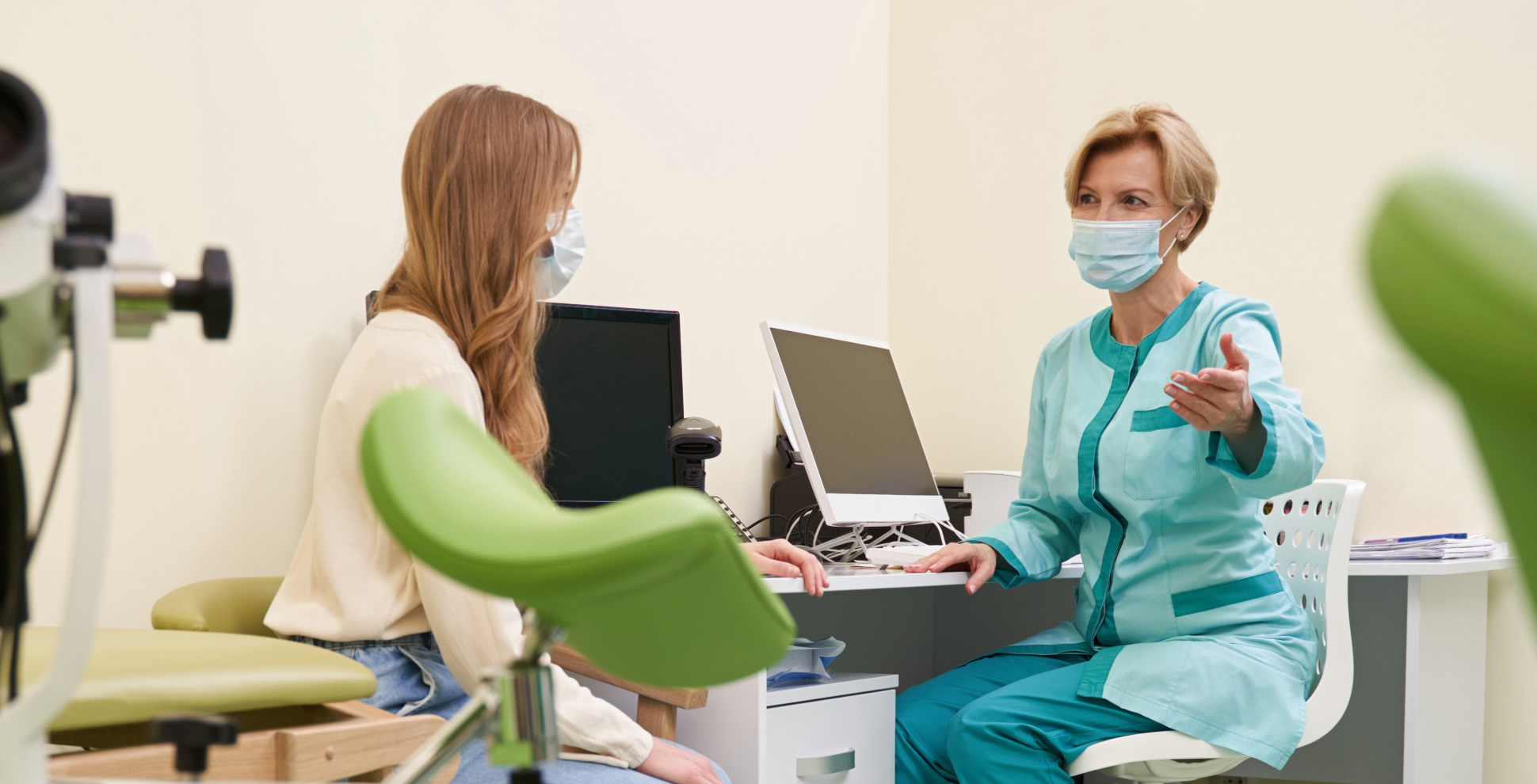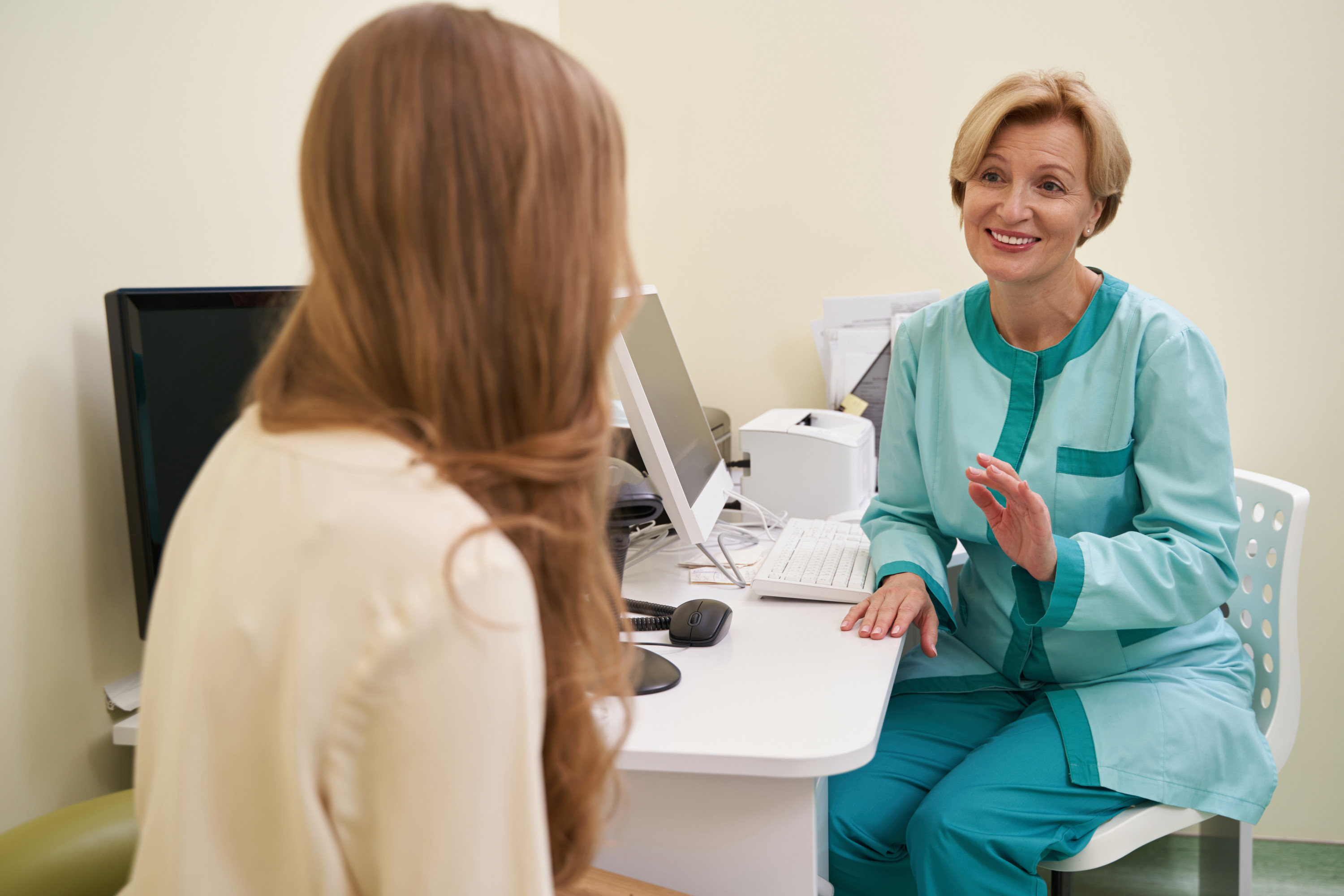
Cervical Screening
Cervical screening is a vital step in maintaining your reproductive health. By detecting and treating any abnormal cervical cells, you can greatly reduce your risk of developing cervical cancer.

The importance of cervical screening
Regular cervical screening (also known as a smear test) is a life-saving procedure that has the potential to prevent over 80% of cervical cancer cases. Yet, despite this, a significant number of women in the UK are still neglecting to attend their smear tests.
By catching any abnormalities early through regular screening, these can be treated before they progress into cancer, making cervical screening a crucial step in maintaining your reproductive health.
Should I get a cervical screening?
The NHS has recently changed its screening programme. Women aged 25–64 are now invited for a cervical screening test only once every 5 years. Previously, the interval was every 3 years until age 49, and then every 5 years thereafter.
Understandably, some women feel that 5 years is too long to wait between screenings. That’s why we offer the option of more frequent testing for your peace of mind.
Unlike the NHS, which only tests for the presence of HPV (Human papillomavirus), our service performs both HPV testing and cytology, examining the cells of the cervix in detail. This dual approach provides a more comprehensive check, giving you clearer reassurance about your health.
It is also important to note that even if you have not had penetrative sex, you may still be at risk of HPV transmission through close intimate contact. Regular screening remains vital to ensure your reproductive health is monitored and any potential issues are detected early.

Struggling to book a cervical screening with your GP?
Take control of your health and schedule an appointment online with our convenient booking system. With just a few clicks, you can easily book a time that works for you and access the expert care you need.
Cervical screening is a test used to detect any changes in the cells of the cervix, the lower part of the uterus that opens into the vagina. It is also known as a Smear test or HPV test.
The frequency of cervical screening varies based on age and previous test results, but it is typically recommended every 3-5 years for women aged 25-49 and every 5 years for women aged 50-64.
Cervical screening may cause some discomfort, but it is not typically painful. Some women may experience mild discomfort or cramping during the test, but it is generally well tolerated.
During cervical screening, a small sample of cells is taken from the cervix and sent to a laboratory for analysis. The whole test takes only a few minutes.
It is recommended to avoid cervical screening during pregnancy. If you are pregnant and due for a screening, it is best to wait until after you have given birth.
If your cervical screening results are abnormal, your doctor may recommend further tests or treatment. It is important to follow their recommendations and attend any recommended appointments.